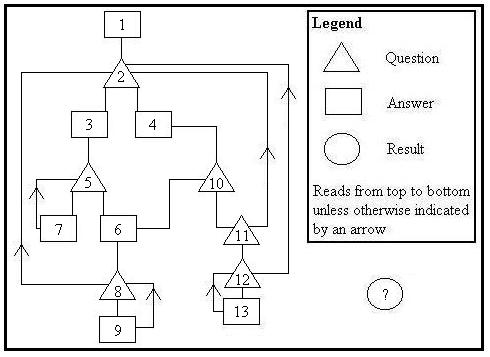Les Pages Aux Folles: The American Blowback Management Algorithm
The American Blowback Management Algorithm
One definition of insanity is doing the same thing over and over again but expecting a different result. However, when a national government does the same thing over and over again expecting the same result, this is usually defined as “prudent self-interest.”
Consider America’s love affair with foreign dictators. The US supported Panamanian strongman Manuel Noriega with arms and money because he was an anti-Communist who gave the country easy access to the Panama Canal. His penchant for torturing and murdering foes? A mere peccadillo. The way he looted the Panamanian treasury? Youthful high spirits! His support for drug running into the US? He’s such a help to us in troubled times, how could anybody say anything bad about him? Well. After a while, Noriega thought he could exist without American support, determining his own country’s policies somewhat, partially, a little bit in his people’s interests, and all of a sudden his “issues” didn’t seem so minor any more.
You would have thought that the United States would have learned to choose its friends more carefully from the Noriega debacle. But, no, there it is, gleefully arming and funding Saddam Hussein while turning a blind eye to his gassing of the Kurds, torturing of his own people and looting of the Iraqi treasury because he was willing to wage a disastrous war against America’s Enemy Number One: Iran. Well, then Enemy Number One, until Hussein got a little uppity, and, we all know what happened there.
Clear lesson? Apparently not. In the 1980s, the United States supported Saudi billionaire heir (and one hell of a dancer) Osama bin Laden and his Mujahedeen Mothers in their war against the Russian hordes in Afghanistan. When the war was over, the US gave bin Laden and his buddies a pat on the back for a job well done, and left them with nothing but their memories and a shitload of weapons. Hard to understand why they might feel a little put out by this behaviour, really.
When a Democratic policy has unexpected adverse consequences, Republicans call them “unintended consequences.” When Republican policy has unexpected consequences, it is called “blowback.” Blowback is defined by the CIA as “when a former friend you’ve armed to the teeth decides to bite you in the ass.” They love colourful metaphors in the CIA.
Blowback from military adventures is becoming so depressingly common that it can be represented by a simple algorithm:

| 1. | Identify a threat to the economic and/or political well-being of the United States (but, mostly economic). |
| 2. | Can the American public be persuaded to support a military invasion of the threatening country? |
| YES | 3. | Invade the bastards! |
| NO | 4. | Find a number of natives (or people who live reasonably nearby) who oppose the country’s governing power. Arm them to the teeth. Give them the latest military intelligence on the weaknesses of the ruling government. Then, sic ‘em! |
| 5. | Does the US invasion overrun and destroy the government? |
| YES | 6. | Install a puppet government friendly to American interests. Support your new friends with the almost latest American military technology. (Best to always keep one step ahead of your friends, for reasons which will become apparent shortly.) |
| NO | 7. | Send advisers into the country to help tip the scales in favour of the insurgents. (Just don’t call it an invasion.) |
| 8. | Is the ruler of the puppet government still serving American interests? |
| YES | 9. | Business as usual. |
| NO | | GO TO 2 |
| 10. | Does the insurgency overrun and destroy the government? |
| YES | | GO TO 6 |
| NO | 11. | Does the insurgency overrun and destroy the government now? |
| YES | 12. | Is the insurgency, now in power, still friendly to the US? |
| NO | | GO TO 2 |
| YES | 13. | Keep supplying it with arms and intelligence so that it can stay in power. |
You may notice that the American Blowback Management Algorithm has no end point. In computer science, this is known as recursion: a process is in constant motion, with new conditions constantly feeding back into the system to create new conditions with which to start the process all over again. In politics, this is known as prudent self-interest, which, as we have seen, is a euphemism for insanity.
Who benefits from blowback? Surprisingly, intelligence agencies like the CIA which, although they invariably fail to see the blowback coming, end up with a whole host of new people and organizations to investigate. And, of course, arms manufacturers, who have an unlimited supply of unsavoury characters with which to do business.
Should the United States be giving sophisticated weapons in whopping great numbers to people who are only going to use them against the Americans in the end? Apparently, this is considered prudent self-interest.








